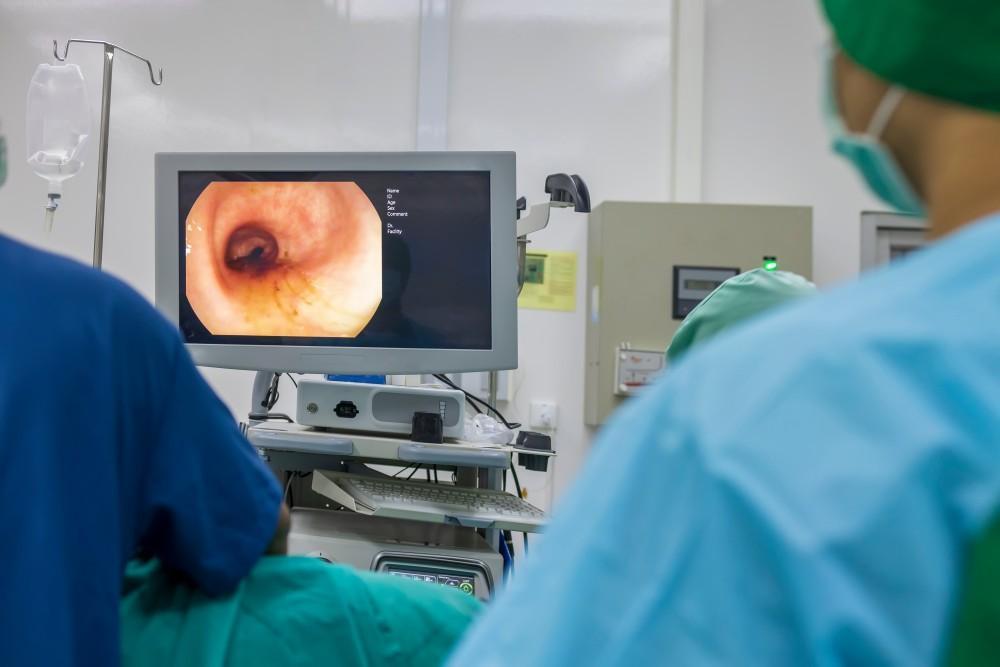
Should I Be Concerned about Anal Pain?

While anal pain or bleeding might be frightening and even embarrassing, it's a common issue and can usually be cleared up after a visit to the doctor. You might experience brief anal pain for various reasons, but persistent pain might be a sign of a more serious problem for which you need medical help.
The doctors and staff of Colon and Rectal Surgeons of Greater Hartford, with locations in Bloomfield, South Windsor, and Plainville, Connecticut, are used to seeing all kinds of issues, and they’ll make sure you're comfortable during your visit.
It can be difficult to know whether to worry about anal pain, so here's what you need to know about common anal conditions, and when to seek help.
What can cause anal pain?
Anal pain is rarely a sign of a serious issue, but it can still make everyday life difficult, including sitting and going to the restroom. There a number of minor problems that can lead to anal pain, including:
Hemorrhoids, or piles
This is an extremely common, relatively harmless issue. Hemorrhoids occur when blood vessels begin to swell in the anus, leading to painful, itchy lumps. Straining while going to the restroom can exacerbate the issue, and you might experience bleeding after you wipe.
Hemorrhoids often clear up on their own, but your doctor can speed up the process by cutting off blood flow to the swollen blood vessels.
Anal abscesses and fistulas
These occur when the area around or inside your anus becomes infected. This causes pus to collect in an abscess, and a fistula to form. Fistulas and abscesses can cause itching, bleeding, pain, and even a fever. Your doctor will treat the issue by draining the abscess and prescribing antibiotics.
Anal fissures
Anal fissures can occur after anal sex or a hard/diarrhetic bowel movement. These are small tears in the anus that cause pain and light bleeding. The pain might be sharper during a bowel movement and may gnaw away at you for hours after going to the restroom.
Other conditions can also lead to anal pain, though these are rarer. They include:
- Anal cancer
- Crohn’s disease
- Proctitis (rectal inflammation)
- Rectal ulcers
- Ulcerative colitis
- Proctalgia fugax
- Levator ani syndrome
When to visit a doctor
It's natural to avoid a visit to the doctor, especially when it comes to “embarassing” issues like anal pain. However, knowing when to schedule a visit can save you a lot of stress and pain. You should always visit a doctor if your anal pain becomes severe, or if you begin bleeding a noticeable amount.
You should also visit the doctor if your anal pain does not clear up within a few days. Your doctor can determine what’s causing the issue and provide any necessary treatment, as well as prescribe painkillers, as needed. If your pain is caused by a serious issue, it's best if you diagnose it early.
Are you suffering from anal pain? Don't hesitate to get in touch with one of the doctors at the Colon and Rectal Surgeons of Greater Hartford. You can find the care you need by calling one of our locations, or by booking an appointment online.
You Might Also Enjoy...


How a Colonoscopy Can Save Your Life

4 Signs You May Have Pilonidal Disease

Start the New Year Fresh with a Colonoscopy

5 Tips for Managing Your Crohn's Disease During the Holidays


